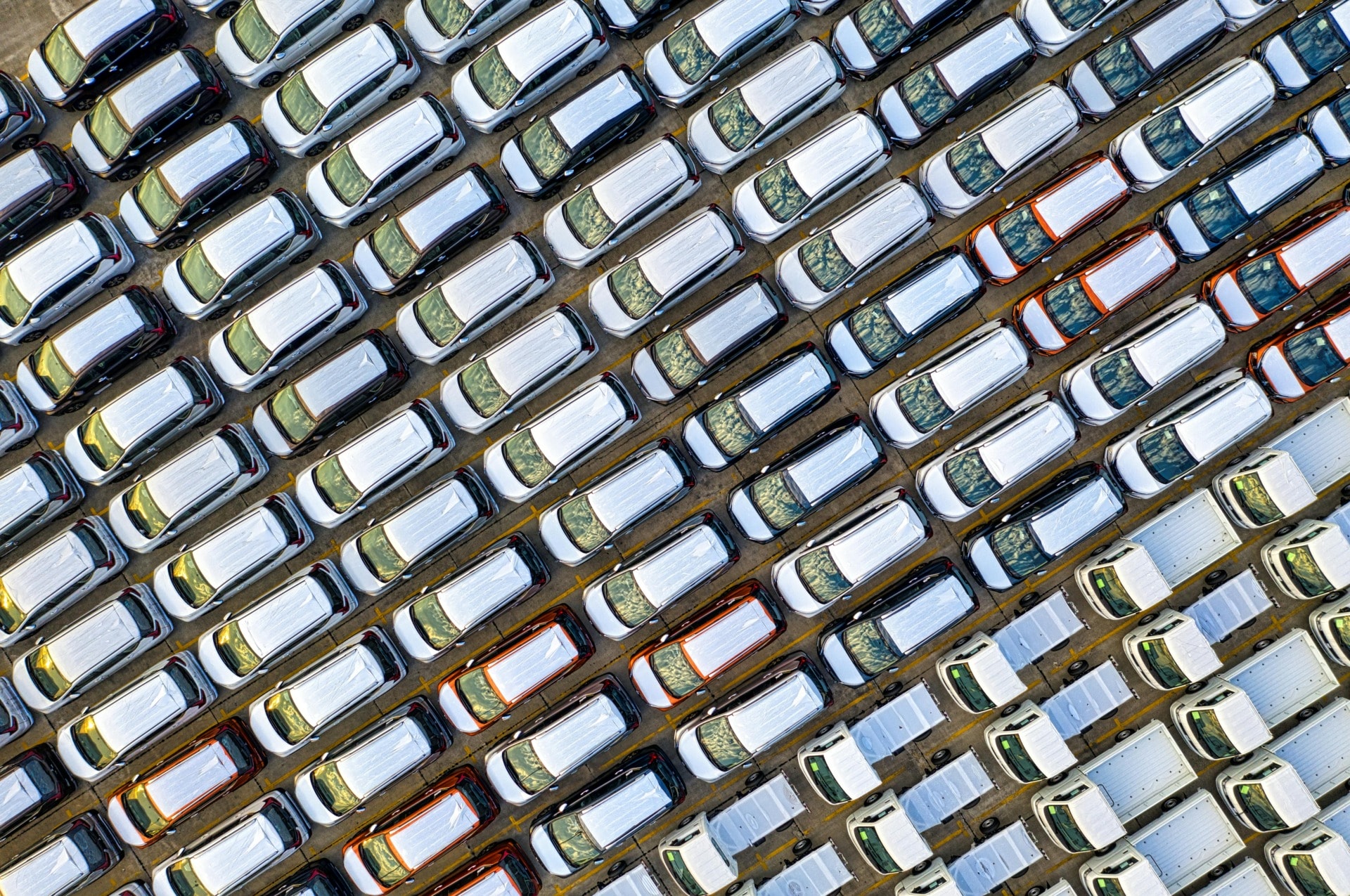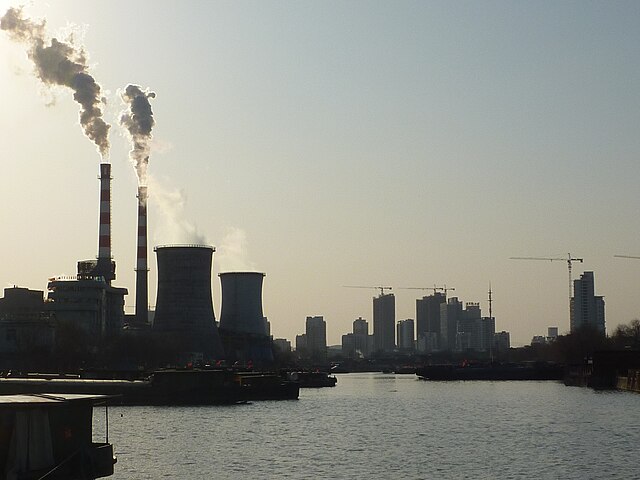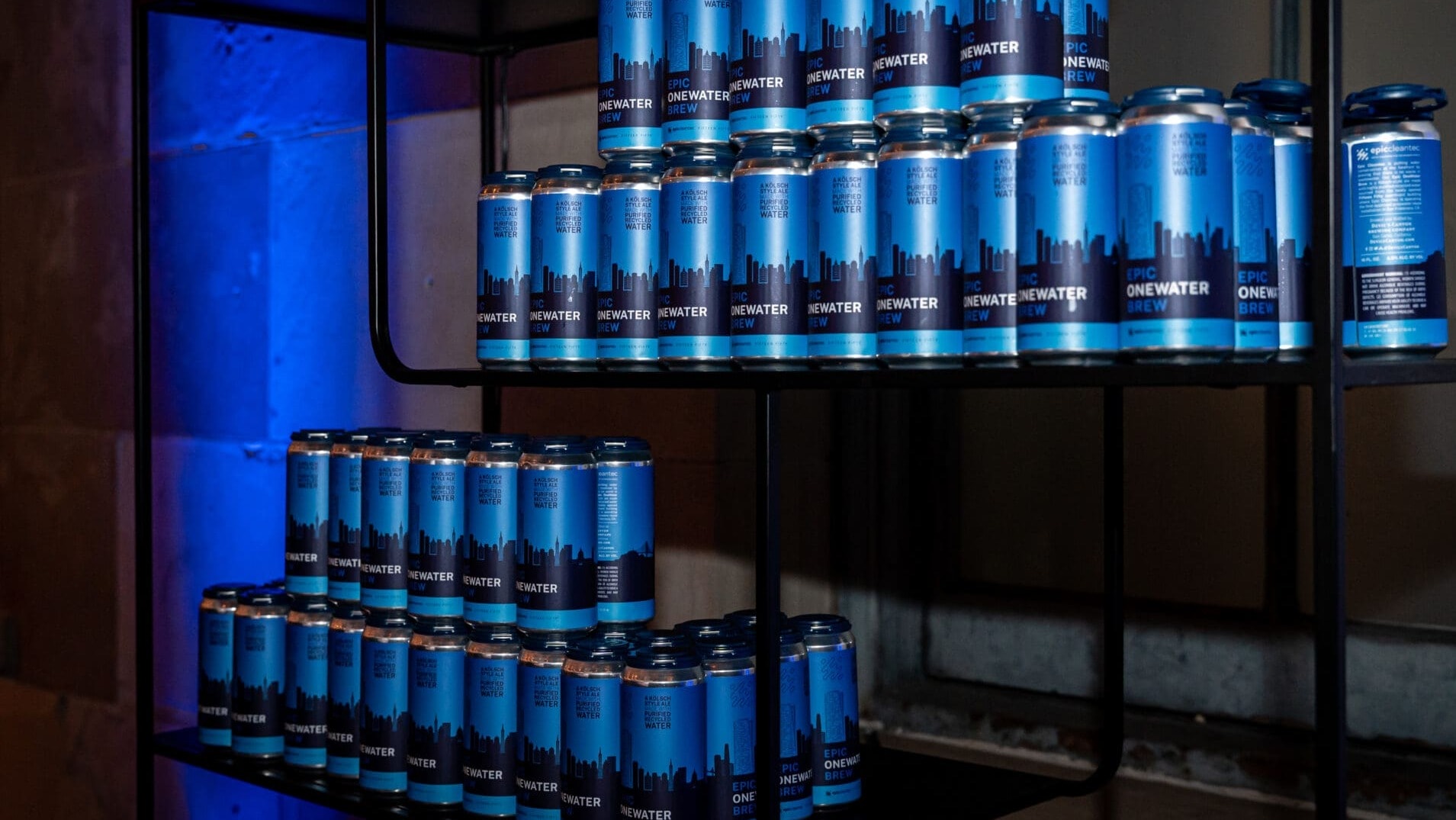Workers at the Tesla Berlin-Brangenburg gigafactory, which employs around 11,000 people, are increasingly joining a major union in Germany due to escalating worries regarding health, safety, and work-related stress, the union said in a statement seen by Reuters.
In the statement, released on Monday, the IG Metall union says that inadequate safety measures at the workplace and a staff shortage are resulting in a higher number of work-related accidents, adding that it is not rare to see about 30% of employees signing off sick.
Citing local authority and emergency service documents, German media had recently also reported on a significant increase in the number of work-related accidents that required workers at the Telsa factory in Germany to take at least three days of sick leave.
German newspaper Stern said that Tesla reported 190 accidents over a six-month period in 2022, some of which included injuries like burns, hydrochloric acid or amputated limbs.
On Tuesday, Tesla denied these reports.
In a statement seen by Reuters, the company said that protecting workers’ health was its “top priority” but “did not address the specific claims of the union or media reports regarding the number of accidents or workers off sick at the plant,” Reuters says.
The statement also says that Tesla workers received training on necessary safety measures and had protective clothing, and that the plant was regularly checked by local authorities, according to Reuters.
Related Articles: Tesla Autopilot Crashes: With at Least a Dozen Dead, ‘Who’s at Fault, Man or Machine?’ | Sustainability Battle of Brands: Toyota vs. Tesla
Indeed, Brandenburg’s authority on occupational safety and health told Reuters that their staff “conducted weekly safety checks at the plant during its construction phase and now visited fortnightly, with unannounced checks every 6-8 weeks.”
When Reuters spoke to 12 workers from the Tesla Brandenburg factory, it received mixed responses: Four people said they were satisfied with the working conditions while eight said “pressure for speed was too high.”
“Speed is not compatible with safety,” one worker told Reuters, adding that the workforce wasn’t adequate to meet the targets and that, unless things improve, he would be looking for a new job.
Some workers Reuters spoke to reported a high incidence of accidents and challenges with receiving overtime pay; two people said they weren’t allowed to talk to the media.
Editor’s Note: The opinions expressed here by the authors are their own, not those of Impakter.com — Featured Photo Credit: Austin Ramsey.














